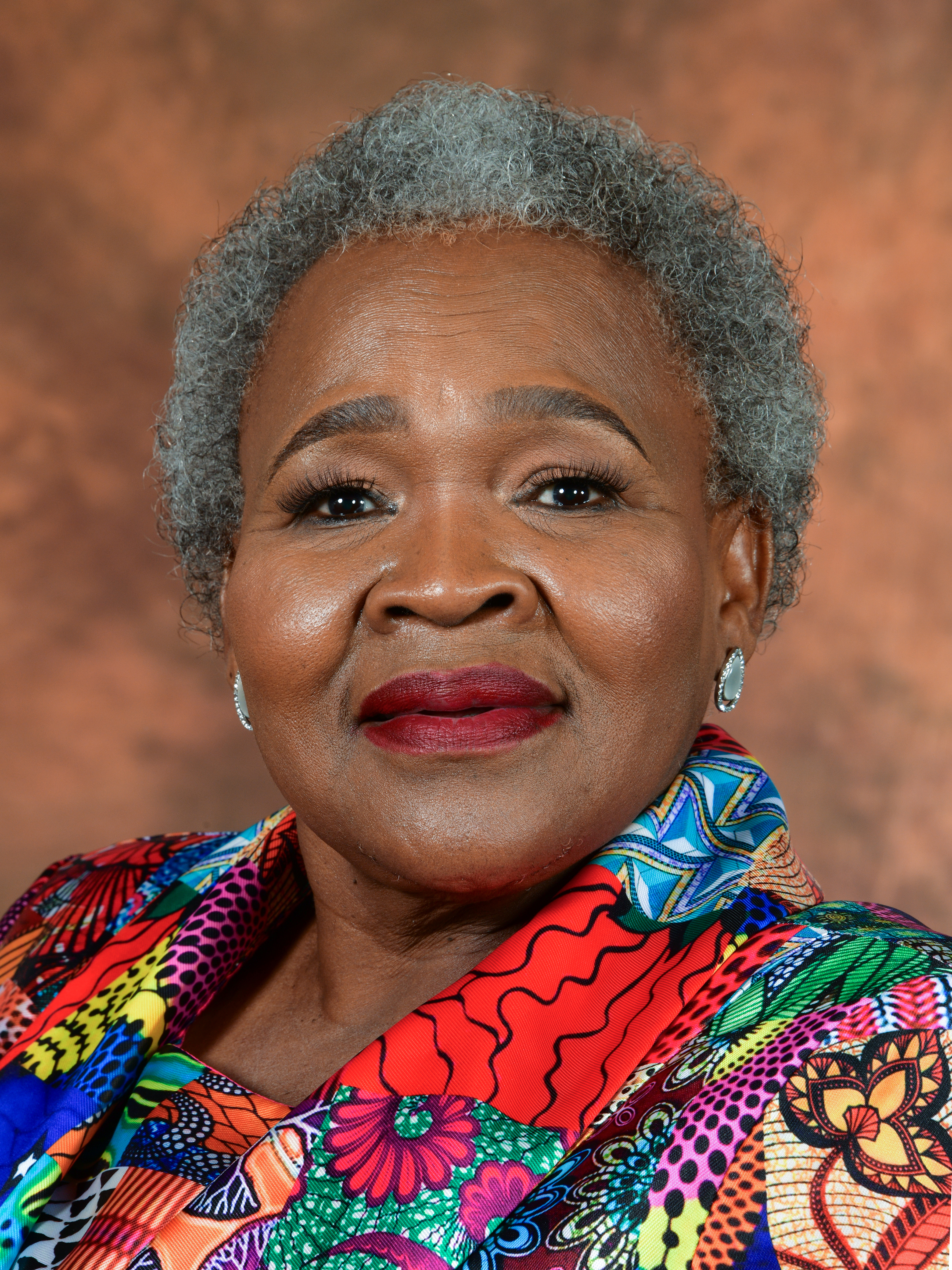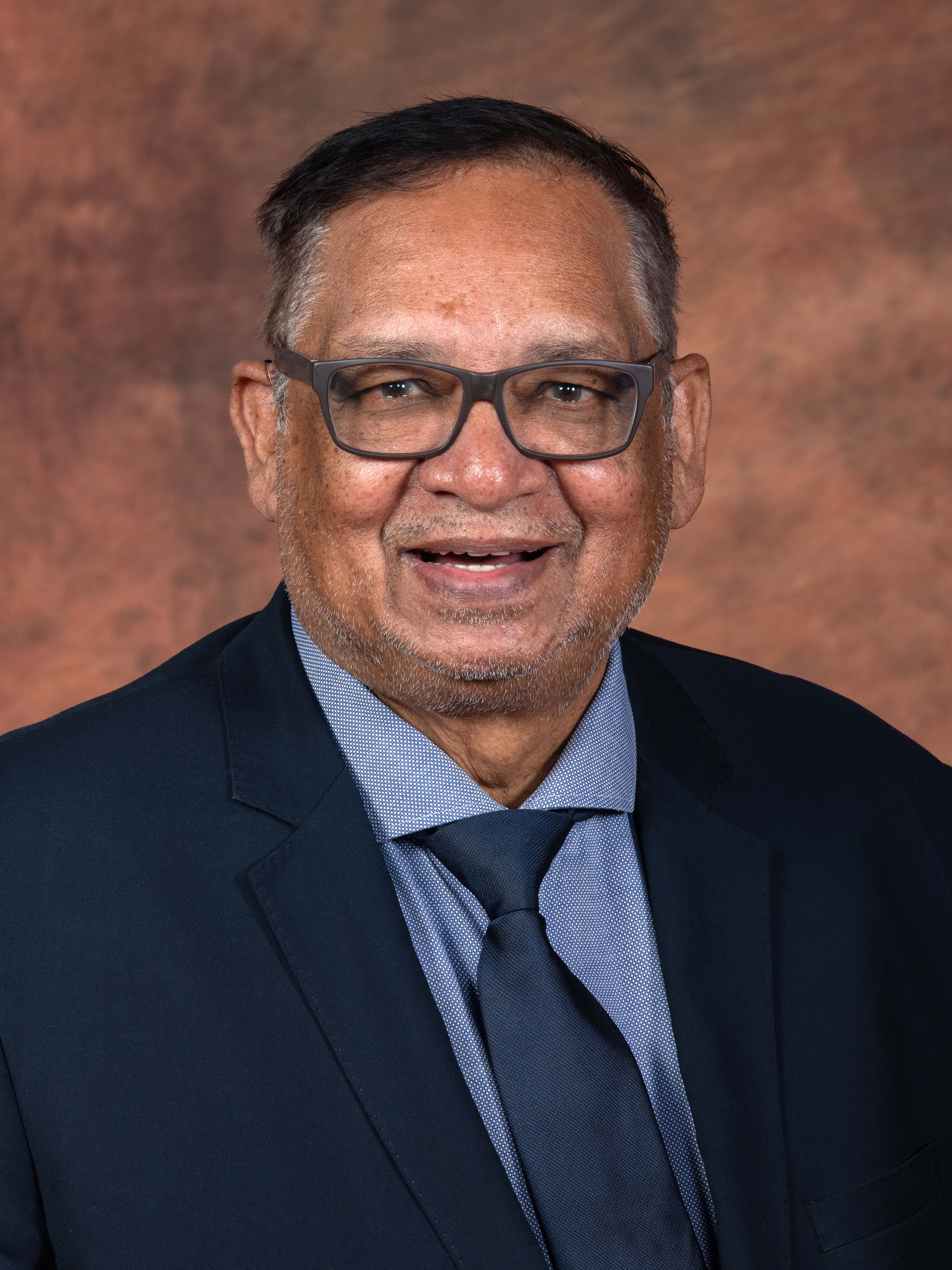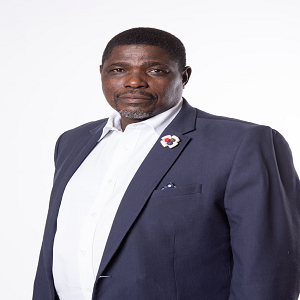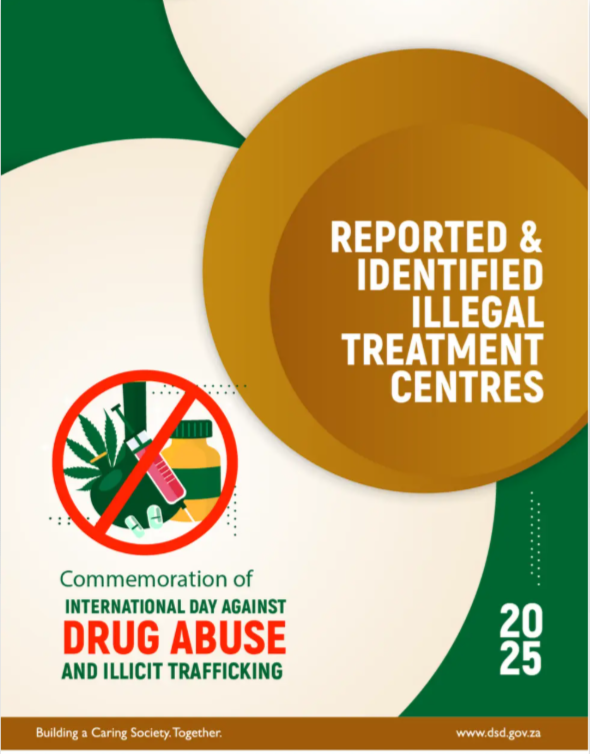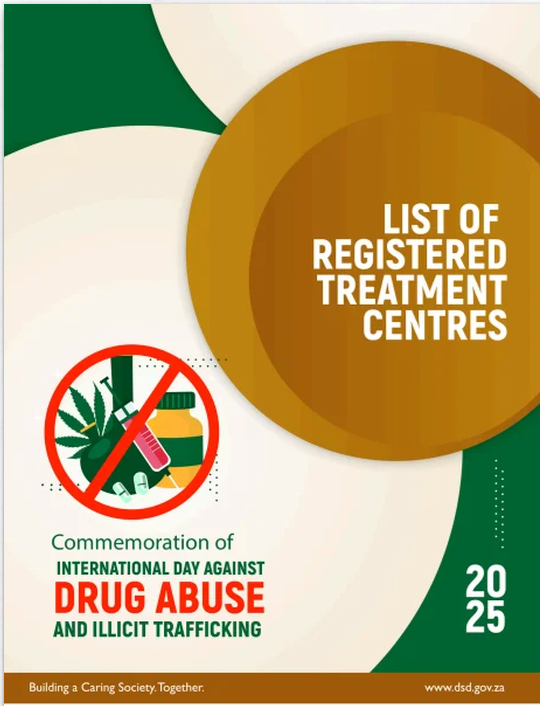Friday, 04 August 2022
Birchwood Hotel, Germiston, Ekurhuleni
Programme Director, the MEC for Social Development in Gauteng Province, Honourable Morakane Mosupyoe;
Minister of Employment and Labour, the Honourable Thulas Nxesi;
Honourable Chairperson of the Portfolio Committee on Social Development, Honourable Nonkosi Mvana;
Honourable Members of the Portfolio Committee on Social Development;
Acting Chief Executive Officer of the National Development Agency, Mr Bongani Magongo;
Leadership of the National Economic Development and Labour Council;
Representatives of the United Nations Development Programme, our multilateral partner;
Leadership and delegates of all civil society and non-profit formations that are participating in this Summit;
Senior managers and officials from the participating and partner departments and entities; and
Fellow South Africans.
- Thank you for the opportunity to address the Presidential Social Sector Summit.
- You will recall that President Cyril Ramaphosa first made a call for this Summit during his 2018 State of the Nation Address. Together with the National Economic Development and Labour Council (NEDLAC) we then took the necessary measures to realise the President’s announcement. When we were about to host this Summit in early 2020, it was when the whole world was plunged into the CoVID-19 lockdown period. In South Africa, the CoVID-19 lockdown and its accompanying provisions were carried out under the National State of Disaster that was lifted on Tuesday, 5 April 2022.
- We, South Africans, are a people whose common predisposition and approach to private and collective challenges alike is to resolve them together. To this end, a Mosotho posed a timeless and practical values’ question that this Summit ought to attend to en route considering how to devise an appropriate and responsive government-social sector interface upon which an inclusive, productive and prosperous South Africa, resilient communities, stable and healthy families and patriotic citizens may be founded.
- And the question is: If you do not jump a grave, why do you neglect the needs of a living fellow human being? In other words, why would anyone treat the departed with dignity, yet fall short of extending that dignity to the living?
- We are a society whose sense of camaraderie, collective endeavour, and deep empathy were shaped in the fierce fires of dehumanisation, indignity, injustice, alienation, dispossession, inequalities and divisions that colonialism and apartheid imposed on us.
- It was in response to these personal and generalised experiences, and in the quest to protect our fellow citizens, that voluntary and community organisations were formulated and founded. A clear example of this is when the Freedom Charter clearly states [and I quote] The law shall guarantee to all their right to speak, to organise, to meet together, to publish, to preach, to worship and to educate [I dare say, themselves and] their children [Unquote].
- As South Africans, we advanced these thoughts and ideas about the roles that should be fulfilled by the social sector — as civic organisations; faith-based organisations; community development initiatives and organisations; community-owned businesses; progressive traditional leadership; local business and traders’ formations; etc.. In its multiple manifestations, this sector has been the primary source of cohesion, sense-making and cooperation in communities.
- This was the time in the life of our society and communities when life was invaluable, the age when the undying dream of freedom was dreamt by each one of us. Yes, this was the era when the social sector was synonymous with belonging, purpose and one’s identity beyond the political-structural confines that were imposed on our lives. In recognition of the aspirations that we espouse in the Freedom Charter, in the post-apartheid era our Constitution recognises the inherent value of the social sector in our collective definition of the society we desire when it mentions that [I quote] We, the people of South Africa… [seek to] Improve the quality of life of all citizens and free the potential of each person [Unquote].
- In other words, together with the social sector and in pursuit of the social economy whose importance President Cyril Ramaphosa emphasised earlier this year during the State of the Nation Address, this Sixth Administration of our democratic government pursues the realisation of the form of social development that recognises that the comprehensive success of our society is intrinsically linked to the well-being of each and every South African: from the cradle to the cemetery, as it were. From this vantage point, as we intended with the 1997 paradigm shift from social welfare, social development means investing in South Africa’s best resources: the people.
- While this Summit marks the intentionality of this government to immediately improve the interface between government and the social sector, it also seeks to establish the formula upon which the sustainability of the longer-term people-public-private-civic-academic-multilateral partnership can be defined.
- Taking a long-range view of the challenges that government and the sector are continuously addressing in communities should amount in the effective removal of the developmental barriers that the people are unnecessarily made to navigate through in their journey to realise their respective aspirations and self-defined futures. Therefore, the outcomes of our improved interface and collective interventions should be the enhanced quality of active-citizenship, increased quality of the lives of the majority of people in our communities, and the visible dignity in the lives of the majority of the people.
- When this government enters into a working partnership together with the social sector, it is unequivocally saying to all that it is refusing to accept that:
- people who live in poverty today will always be poor, and they should concede to the viciousness of inter-generational poverty;
- those who are unemployed will forever be unemployed; and
- South Africans who are worse off as a result of inequalities must give in and accept these inequalities as natural phenomena.
- Working together with the social sector we are going to forge deep paths upon which every South African will develop her/his skills and contribute to their family, community and the realisation of the Economic Reconstruction and Recovery Plan. This is particularly true for youth, women, people with disabilities and the rural populations of our country. We invite the sector to innovate indigenous and responsive paths by which our communities, in particular the demographic groups I have just mentioned, can move towards improving and protecting their dignity and integrity, while increasing their productivity, contributions to economic growth and self-sufficiency.
- The successful socialisation of each citizen depends on the meaningful contribution of the family, community, educational institutions and every State department in the life of every South African child and young person. A responsible, productive, patriotic and resilient citizen is a product of the sufficient reinforcements of all these contributions.
- For instance, the reality of climate change demands that families and communities should continuously be supported for them to induce a citizen-centric responsiveness to the climate change challenges. This support should nudge climate change-responsive innovations by which our economy’s resilience can be demonstrated. Likewise, the role of families in directing learners’ career choices towards artisanal and entrepreneurial vocations need to be deepened and sustained throughout the longer-term. This will improve educational throughput rates, reduce dropouts and increase the economic absorption of graduates as well as total entrepreneurship activity among young people.
- I am inviting the social sector to investigate resourceful and efficient mechanisms that social and economic challenges in communities can be addressed by directing and harnessing corporate social investment (CSI) funds to collectively-agreed priorities.
- The investments that our people-public-private-civic-academic-multilateral collective will be making will be directed towards the realisation of each and every South African. Practically, these investments will realise South Africa in each and every one of the people because each one of the people is the true embodiment of South Africa. With that said, one can say that effectively this is the People’s Summit.
- Earlier this week the Department of International Relations and Cooperation published the long-awaited Framework Document that in which South Africa’s National Interest are being defined and their implementation suggested. I strongly suggest that the sector should familiarise itself with the contents of this framework document. Later on, public consultations will be held on the framing of South Africa’s National Interest. I suspect that the contributions of the social sector towards this policy document will be invaluable. Therefore, please consolidate your ideas around the Framework Document and prepare them into a written submission for consideration by the relevant process that will be announced in due course.
- The government-social sector interface that we will be improving as the outcome of this Summit demands that both the State and the sector be appropriately capacitated to be responsive to society’s needs. Particularly in recognition of the exponential technological and data infrastructure advances in the past few years, and for the benefit of the people, both the State and the sector need to step up and take advantage of the developments in these spaces. Not doing so may lead to each of these sectors falling victim to their use, with the threat of possible extinction.
- By bringing in the social sector into what are considered to be exclusively “economic” challenges risks to blind our priorities from innovating solutions that comprehensively address the greater “social” enablers within which, owing to the moral crises that are engulfing our society, sustain and reproduce the rot wherever money or some semblance of power are at play. Therefore, our efforts at successfully implementing our economic priorities should be supported by the intentional reversal of the aura of moral crisis, mismanagement, theft of public resources, fraud, deceit, dishonesty, lawbreaking, etc.. A special case of these instances are control freaks who are drunk to stupor by little power than changing the lives of South Africans.
- If the social sector is going to be as indispensable in the lives of ordinary South Africans tomorrow as it was in the pre-democracy years, it ought to define its niche and contributions in the reconstruction of our economy and society towards an inclusive and prosperous recovery. This entails the recovery from the growing and multiple uncertainties, post-traumatic stress disorders, distrust, anxiety, abuses, aggression, violence, and substance abuse in our communities.
- Through this Social Sector Summit, we are each confirming our determination to build a better South Africa for all, especially the ordinary South Africans who daily lived experiences we seek to enhance.
- As we sign and implement the framework agreement, we do so for those millions of South Africans who yearn realise their dreams and aspirations, to belong, to free the potential of their lives, and to embody the purpose of their lives.
- In conclusion, I wish you fruitful deliberations and I am looking forward to implementable outcomes that will meaningfully move the social sector and all of our society forward.
I thank you.


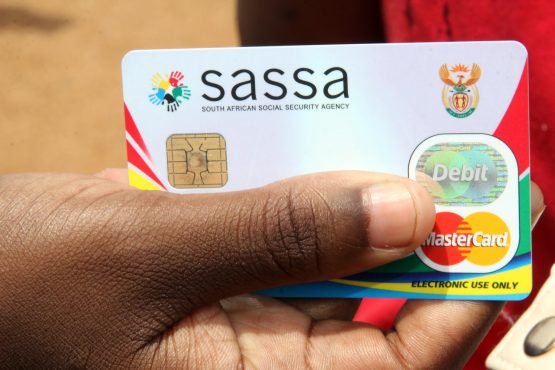

 0
0 